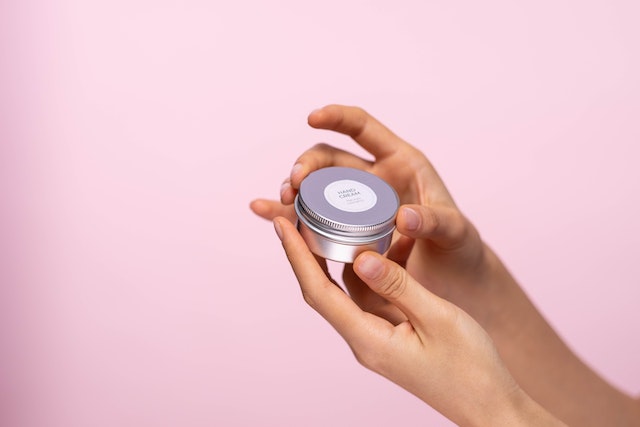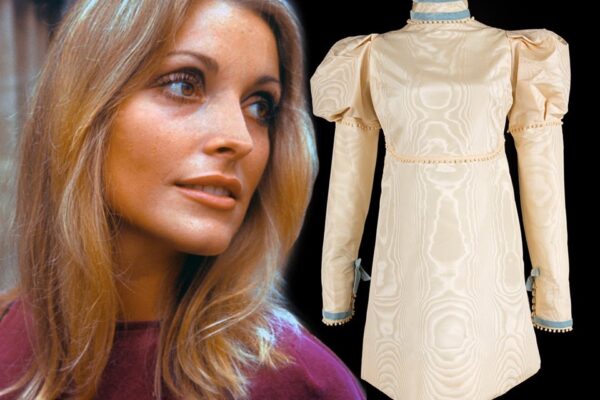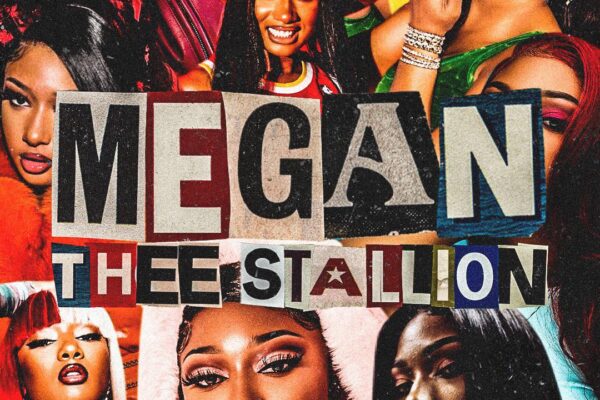You must have heard the phrase “You should not ask any woman her age”. Well, in today’s time, not just women but also men shy away from answering any question related to their age. We guess the modern version of the phrase should be “You should not ask anybody their age”.
In today’s time, people are so stressed that they start looking older than they are. Skin is one of the ways through which old age becomes visible or apparent. Whether you are aging naturally or aging fast due to stress, saggy skin must have appeared as one of the signs of the same. Your skin might be looking saggy, dull, wrinkled, or rough.
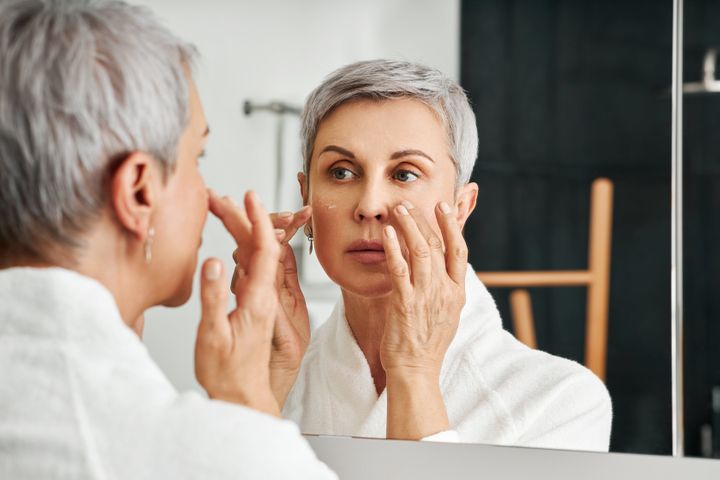
You might be trying different solutions to look young and radiant. Many people use over-the-counter and prescription products that provide anti-aging benefits. Such products have active anti-aging ingredients. In this blog post, we will talk about bakuchiol and retinol, which are two of the most widely discussed anti-aging ingredients these days. The major reason why a lot of discussions are taking place around them is that people want to know the difference between the two.
What is Retinol? Why Is It Beneficial for Skin?
Table of Contents
Well, to begin with, retinol is one of the types of retinoids. Now, you may ask, “What are Retinoids?”. Retinoids are a class of chemical compounds that are derived from vitamin A. The use of these compounds is to make the skin look young, flawless, and healthy.
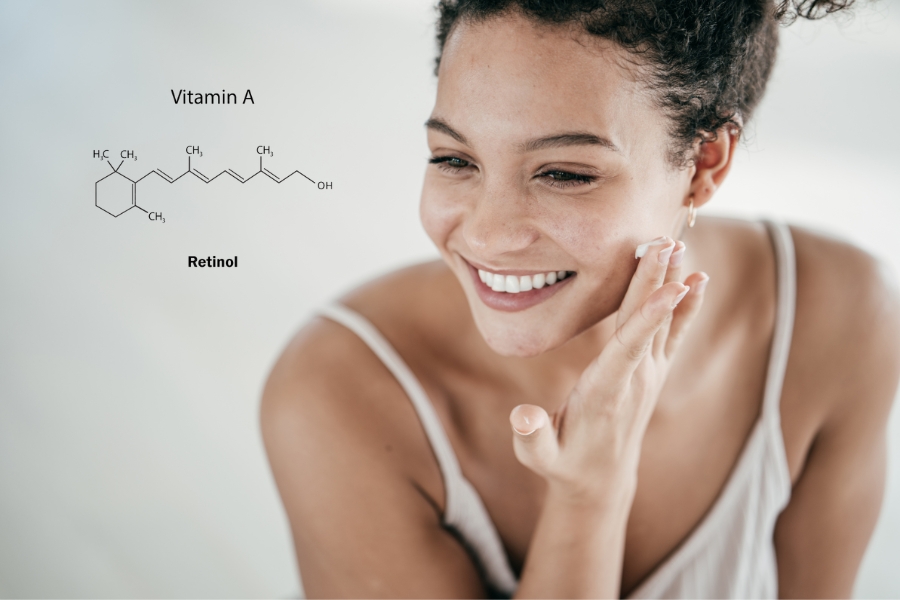
Now, retinol being one of the types of retinoids is also used to get youthful skin. It is used in various prescription and over-the-counter anti-ageing products. Retinol can help you get rid of wrinkles, fine lines, and other signs that indicate old age. They can stimulate the production of collagen and improve skin pigmentation.
Collagen is a protein that is found inside your body. Around 30% of the protein in your body is collagen. Found in skin, bone, tendon, cartilage, and connective tissue, this protein consists of amino acids. It is the main structural protein in the extracellular matrix. The role of collagen is to promote healthy joints and skin elasticity. Thus, collagen is necessary to have stretchy, bouncy, and bright skin.
From Where is Retinol Sourced?
Before you gain knowledge about bakuchiol vs retinol, you should know where retinol comes from? Well, retinol used in skin care products that are made to provide anti-aging benefits is either procured from animal sources or produced in a laboratory. The animal sources include eggs, fish, chicken, and beef.
So, many people who are vegan or who want to use cruelty-free products, stay away from retinol. The over-the-products containing retinol generally lead to satisfactory results within six months. On the other hand, prescription products containing retinol show results in just a few weeks. The frequency of usage depends on the advice given to you by your dermatologist.
What is Bakuchiol? Where Does It Come From?
You cannot understand bakuchiol vs retinol properly without knowing what bakuchiol is. So, let’s see what exactly bakuchiol is and why it is compared to retinol. If you have not been living under a rock, you must be aware of the craze for bakuchiol these days.
Bakuchiol, which is also an anti-aging ingredient just like retinol, has captured massive attention recently. Experts and professionals in the skin care industry are conducting a lot of discussions regarding the efficiency of this ingredient. Needless to say, these discussions are incomplete without making a comparison between bakuchiol and retinol.
The major reason why bakuchiol has become so much popular is that it is found naturally unlike retinol which is made in a laboratory or sourced from animals. It is sourced from the leaves and seeds of a plant known as “Psoralea Corylifolia”.
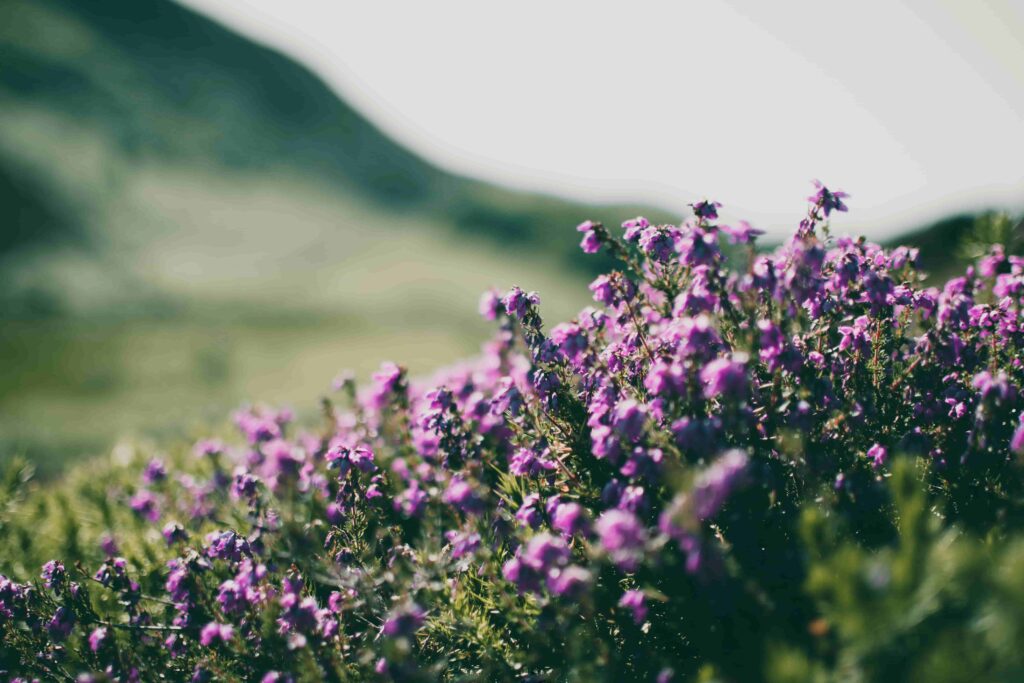
This plant is also known as the “Babchi” plant. Psoralea Corylifolia has been used for centuries for medicinal purposes. It is helpful in the treatment of several diseases, including but not limited to asthma, psoriasis, nephritis, kidney disorders, ulcers, leucoderma, and leprosy. This plant is also used for healing cuts and soothing rashes. It grows in Pakistan, Sri Lanka, China, and India. The Babchi plant grows in tropical and subtropical regions.
How Does Retinol and Bakuchiol Works on Skin in Regards to Anti-Aging?
Retinol on skin:
Retinol is not just an anti-aging ingredient but also an antioxidant. It can hamper the free-radical damage process, and thereby, reduce signs of aging. Free radicals are unstable molecules that cause chain reactions, which in turn, cause damage to parts of cells.
Thus, they can cause skin illnesses and aging. The body produces free radicals in response to environmental and other pressures. Retinol also increases the production of skin cells, exfoliates the skin, clears acne, and unclogs skin pores. It gets transformed into retinoic acid in the skin once you use products that have this ingredient. Retinoic acid, just like retinol, is also one type of retinoid. It is one of the main physiologically active metabolites of vitamin A1.
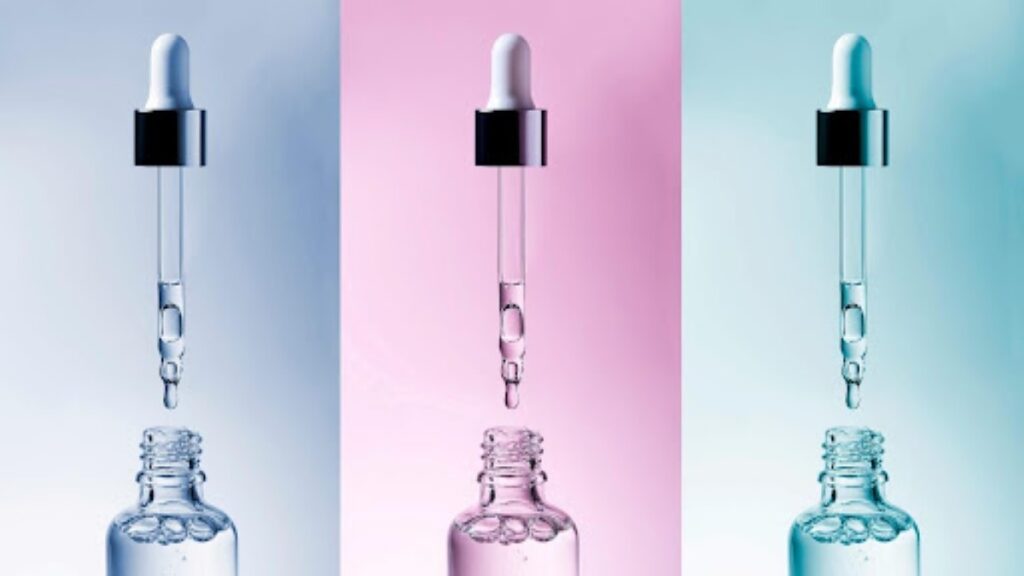
Retinoic acid is essential for growth and development. Your body needs this nutrient in small amounts. Retinoic acid is helpful in treating acne breakouts, psoriasis, rosacea, melasma, hyperpigmentation, and other skin diseases. It boosts the production of collagen. Therefore, the firmness and elasticity of your skin will increase, whereas wrinkles and fine lines will decrease.
Along with the diseases mentioned above, Psoralea Corylifolia has now also become known for treating skin-related problems. Known by different names, such as “Vegan Retinol”, “A Natural Version of Retinol”, and “Plant-Based Retinol”, bakuchiol works just like retinol. It is not just an anti-aging ingredient but also an antioxidant and anti-inflammatory substance.
Bakuchiol on Skin:
While the information related to bakuchiol vs retinol shows how these two ingredients are different, but works for the same purpose on skin. Bakuchiol promotes the production of collagen in the body. It also removes imperfections like acne, blemishes, and spots, as it’s an anti-inflammatory substance.
Moreover, bakuchiol has antibacterial properties as well. Therefore, it’s great for people who have oily skin. Unlike retinol, bakuchiol does not react with the ultraviolet rays of the sun. Hence, you can use it during the daytime and step out in the sun without any worry.
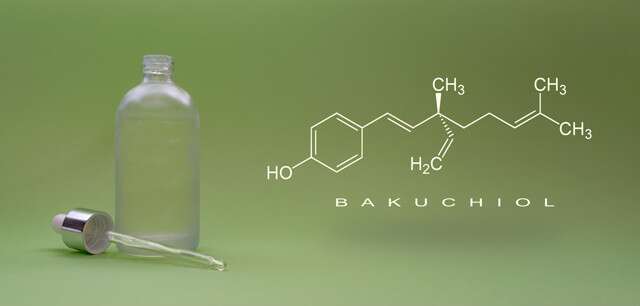
Bakuchiol vs Retinol: Which one to choose
The best part about bakuchiol and the reason why a large number of people are preferring bakuchiol over retinol is that it does not cause any side effects. This anti-aging ingredient is considered to be a perfect option for people whose skin cannot tolerate the effects of retinol. If you develop skin issues because of using retinol, you can switch to bakuchiol to get plump and firm skin. You can reduce the appearance of wrinkles, fine lines, and other signs of aging.
However, instead of just starting to use the bakuchiol-based anti-aging products heavily, you should first do a patch test. Use the product in a small amount for the first time. If all goes well, continue using it, but keep the frequency of usage to a minimum.
Then, you can increase the frequency over time once your skin gets used to bakuchiol. Even though the use of bakuchiol does not lead to any side effects, you must practice caution whenever it comes to using any skin care products. Bakuchiol might not produce extreme or harsh side effects, but it does cause irritation in the skin to some extent. Unlike retinol, bakuchiol can be used by pregnant women as well.
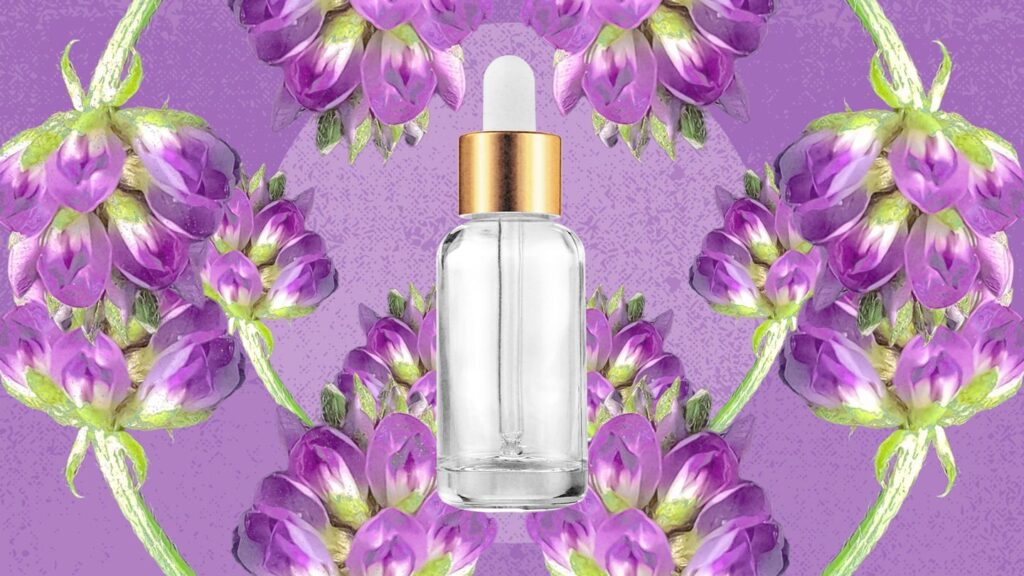
You can get the best of both worlds by using bakuchiol and retinol together. If you have experienced that your skin can tolerate the effects of retinol but you also want to use bakuchiol, you can definitely do so. As it is recommended to use retinol at night, you can use bakuchiol in the morning. Thus, you can use both anti-aging ingredients.
How Is Retinol Used?
Patients who are not prescribed retinol-based anti-aging products have to opt for OTC products. As far as frequency is concerned, you can use OTC retinol products two to three times a week in the beginning. When your skin builds up its tolerance to retinol, you can increase the frequency of usage. Some people even use these products three to five times a week. You should start by applying a thin layer of retinol first. Over time, you can increase the amount of retinol.
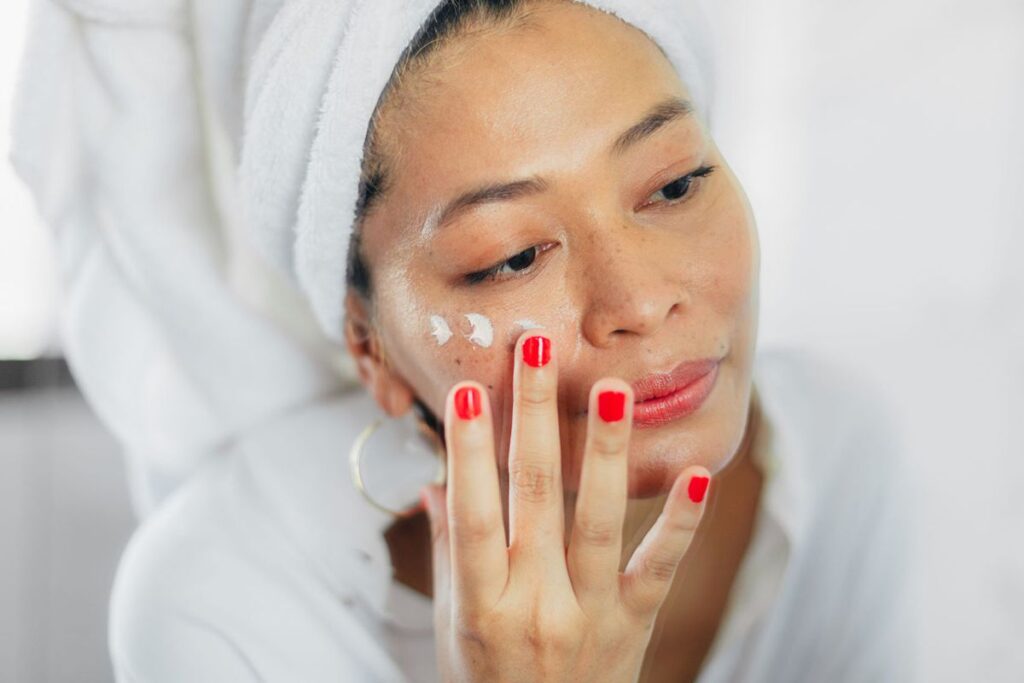
If you are wondering, why have we mentioned the point about the tolerance level of the skin, let us tell you that retinol causes various side effects. In fact, it is one of the main reasons why the whole debate surrounding “bakuchiol vs retinol” is taking place.
What are the Side-Effects of Retinol?
As we have mentioned earlier in this blog post, retinol is one of the types of retinoids. All retinoids can cause retinol dermatitis, which is also known as retinol-induced dermatitis. It involves redness, dryness, burning, scaling, and itching that occur in the skin. It also involves flaking skin and small bumps in the skin. These skin issues happen during the first few weeks of using products that contain retinoids. The reason behind the same is that your skin gets used to or develops a tolerance for retinoids.
More than 90% of the people who use retinoids face these issues. The side effects of retinol include flaking, dryness, peeling, redness, and burning of the skin. It is a known fact that retinol is harsh on the skin. On top of it, retinol makes skin more sensitive to sunlight.
Thus, people avoid using it during the daytime. The best time to apply retinol on your skin is at night. But for any reason, if you have to go out after applying retinol during the daytime, you must use a sunscreen lotion that has a high SPF (Sun Protection Factor).
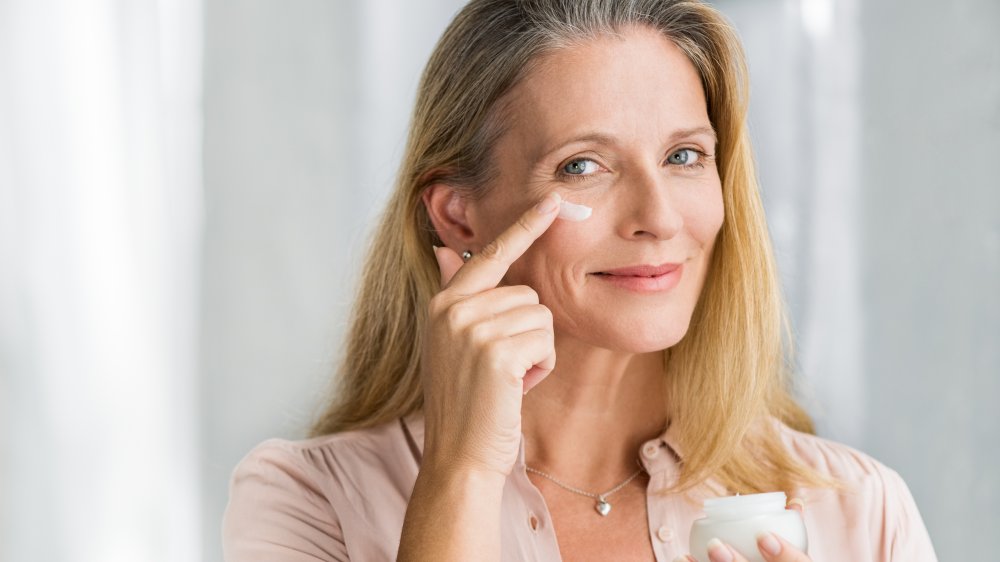
It’s worth mentioning here that retinol-based skin care products are available not just in the form of creams and serums but also in the form of capsules. An important fact that we cannot miss here is that retinol is not safe for use by pregnant and breastfeeding women. It is also not safe for ladies who are trying to get pregnant.
Conclusion
The arguments about bakuchiol vs retinol will continue but you must make a decision soon regarding the ingredient you want to use, as aging is a process that happens every day. If you want your skin to look youthful and charming by getting rid of the signs of aging, you should start using safe and reliable anti-aging products.

